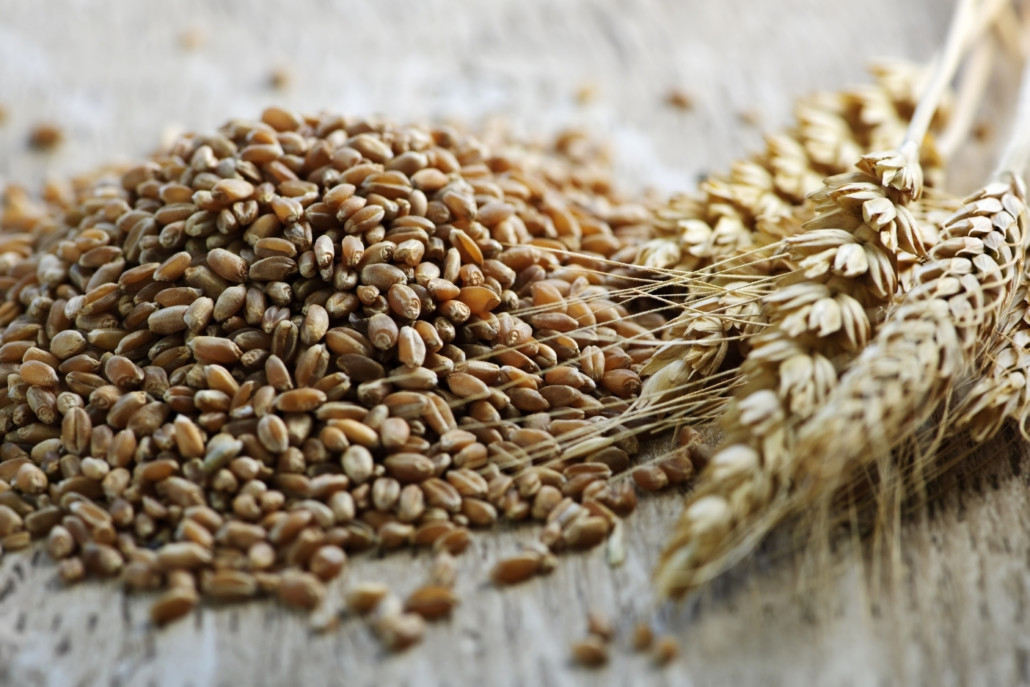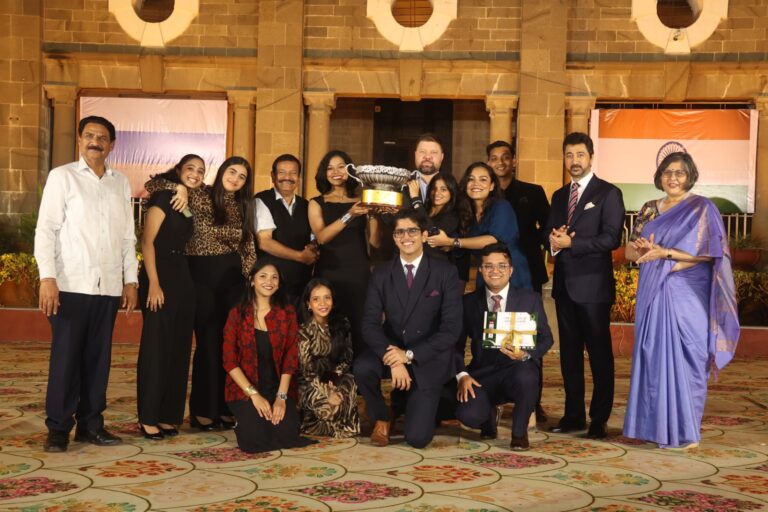
COMBINING FISCAL restraint and the need for a safety net, the Union government announced Friday that it would distribute free foodgrains to National Food Security Act recipients in accordance with their entitlement for a year commencing January 2023. It has, however, cancelled the Pradhan Mantri Garib Kalyan Anna Yojana, which was introduced in April 2020 during Covid-19 and gave 5 kg of free foodgrains to everyone in addition to the NFSA entitlement of 5 kg foodgrains at subsidized rates.
“Under the NFSA, the Central Government gives foodgrains to people at Rs 3 per kg for rice, Rs 2 for wheat, and Rs 1 for coarse grains. Now, the Prime Minister has made a historic decision to provide free food security to the underprivileged across the country,” Union Food Minister Piyush Goyal said to reporters after briefing reporters on Cabinet decisions.
The NFSA covers around 81.35 crore people, and Goyal stated that the Centre would shoulder the entire Rs 2 lakh crore cost of providing them with food security. When asked if the government has decided to end the Pradhan Mantri Garib Kalyan Anna Yojana, he replied, “It has been integrated” (with the NFSA). The NFSA now includes the free element of such a system. The total quantity of 5 kg and 35 kg under the NFSA is now free of charge. There is no need for more foodgrains.”
The NFSA protects 50% of the urban population and 75% of the rural population. The NFSA has two types of recipient households: Antyoday Anna Yojana (AAY) and Priority Households. While AAY homes are entitled to 35 kg of foodgrains per month regardless of family size, priority households receive foodgrains based on the number of family members (each member 5 kg per month).
According to an official, the NFSA would need to be changed, and a notification was expected soon.
For the first time, India will have a Central Food Security Act that guarantees the poor a “right” to 5 kg of foodgrains at no cost. Previously, the poor — approximately 81.34 crore people, with 75% residing in rural regions and 50% in urban areas – paid a low price of Rs 3 per kg for rice and Rs 2 per kg for wheat. The move lessens the impact that the PM Garib Kalyan Anna Yojana will be phased out by the end of the month. The government offered 5 kg of free foodgrains in addition to the NFSA entitlement of 5 kg of subsidized foodgrains under PMGKAY.
According to the most recent allocation order for December, the NFSA requires 13.67 lakh metric tonnes of wheat and 31.72 lakh metric tonnes of rice. The PMGKAY’s monthly needs were approximately 40 lakh metric tonnes (wheat: 7 lakh metric tonnes and rice: 33 lakh metric tonnes)
Under the NFSA, the government used to get Rs 13,900 crore every year from the sale of subsidized food grains. With this additional expenditure, the overall food security bill will be around Rs 2 lakh crore. However, discontinuing the PMGKAY will save the government Rs 15,000 crore per month, or around Rs 1.8 lakh crore per year.
The discontinuation of PMGKAY comes at a time when foodgrain stocks have decreased in recent months. Wheat and rice (including unmilled paddy) stockpiles in the Central pool stood at 190.27 lakh metric tonnes and 364 lakh metric tonnes, respectively, as of December 1, 2022. While the rice stock is enough, the wheat stock is just above the buffer stock needed.
According to official data, the government spent approximately Rs 3.45 lakh crore up to September, and the most recent extension of the scheme – just ahead of the Gujarat and Himachal Pradesh Assembly elections – for three months until December 2022 is expected to increase the total outlay to Rs 3.91 lakh crore. The scheme’s overall foodgrain allocation was 1,121lakh metric tonnes.





